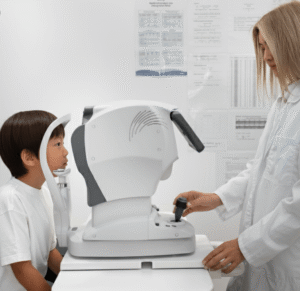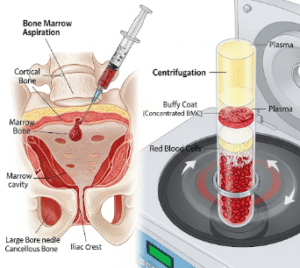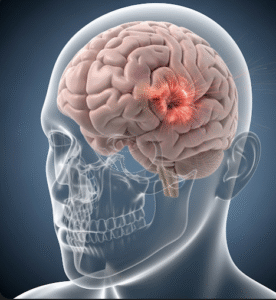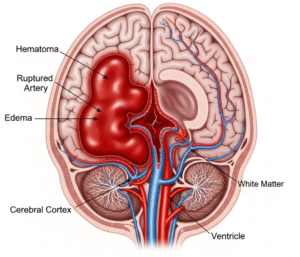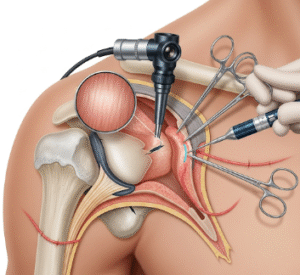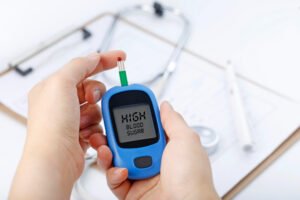Overview
Dissociative Identity Disorder (DID), formerly known as multiple personality disorder, is a complex psychiatric condition where a person develops two or more distinct identities or personality states. These identities may control behavior at different times, often with gaps in memory or awareness. In Korea, DID is being increasingly recognized by mental health professionals, and leading institutions like Seoul National University Hospital, Samsung Medical Center, and Asan Medical Center provide specialized psychiatric and trauma-focused care.
What is Dissociative Identity Disorder?
DID is a severe form of dissociation, usually linked to extreme and prolonged trauma, often during childhood. Each identity (also called “alter”) may have its own name, history, characteristics, and way of interacting with the world. Switching between identities can be triggered by stress, reminders of trauma, or emotional conflict.
Symptoms
- Presence of two or more distinct identities or personality states
- Gaps in memory, especially of traumatic events, daily activities, or personal history
- Feeling detached from self or surroundings
- Sudden changes in behavior, voice, or mannerisms
- Confusion about identity and sense of self
- Depression, anxiety, or PTSD symptoms
- Difficulty functioning in social, occupational, or personal life
Causes
- Severe childhood trauma (physical, emotional, or sexual abuse)
- Prolonged neglect or unsafe environments during childhood
- Exposure to severe stress, violence, or war
- Brain and psychological coping mechanisms to protect from trauma
Risk Factors
- History of childhood abuse or neglect
- Co-occurring mental health disorders (PTSD, depression, anxiety)
- Lack of stable family or social support
- Family history of dissociative disorders or trauma
Complications
- Severe functional impairment in daily life
- Increased risk of suicide and self-harm
- Substance abuse and addictive behaviors
- Relationship and trust issues
- Coexisting psychiatric conditions like depression, borderline personality disorder, or anxiety disorders
Prevention
- Early trauma intervention in children and adolescents
- Safe and nurturing environments for children exposed to abuse
- Public awareness about mental health and trauma care in Korea
- Strong social support systems for trauma survivors
- Counseling and crisis intervention for high-risk groups
Treatment Options in Korea
The goal of treatment is to integrate identities, improve coping mechanisms, and address underlying trauma.
- Diagnosis
- Psychiatric evaluation with structured dissociation questionnaires
- Trauma history assessment and psychological testing
- Rule out neurological conditions with imaging or EEG
- Psychotherapy (Mainstay Treatment)
- Trauma-focused therapy to address past abuse
- Cognitive Behavioral Therapy (CBT) for symptom management
- Dialectical Behavior Therapy (DBT) for emotional regulation
- Eye Movement Desensitization and Reprocessing (EMDR) for trauma processing
- Hypnotherapy in selected cases to explore dissociative states
- Medication (for Co-occurring Conditions)
- Antidepressants for depression and anxiety
- Antipsychotics for severe mood or perception issues
- Mood stabilizers for emotional regulation
- Supportive and Long-Term Care
- Family education and therapy
- Group therapy for social support
- Stress management techniques
- Long-term follow-up to monitor relapse or worsening symptoms
- Specialized Hospitals and Clinics in Korea
- Seoul National University Hospital – advanced psychiatric and psychological therapy programs
- Asan Medical Center – multidisciplinary care for trauma and dissociative disorders
- Samsung Medical Center – integrates psychotherapy with modern psychiatric treatments
- Regional Mental Health Welfare Centers for rehabilitation and long-term counseling


